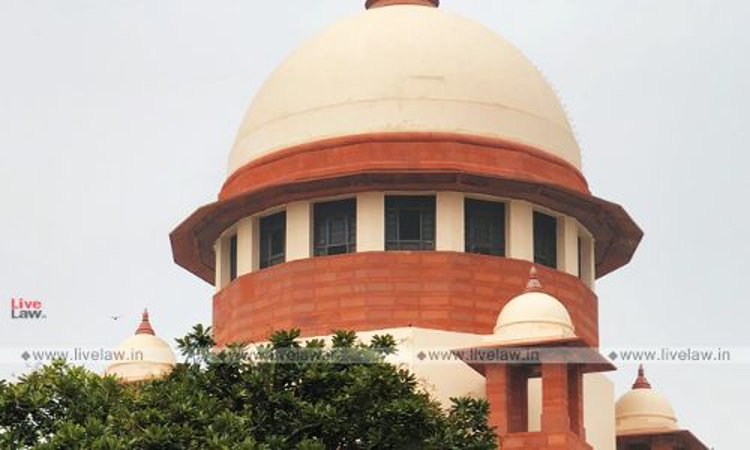Supreme Court Stays Madras High Court's Order Permitting Take Over Of Temple Land For Construction Of Collectorate
Shruti Kakkar
20 Sept 2021 8:22 PM IST

Next Story
20 Sept 2021 8:22 PM IST
The Supreme Court on Friday (September 17) stayed the operation of Madras High Court order permitting the State Government to take 35 acres of the Nareeswarar Temple land at Veeracholapuram on lease for constructing a collectorate for Kallakurichi district. The bench of Justices S Abdul Nazeer and Krishna Murari while staying the operation of the High Court's order also issued notice...
